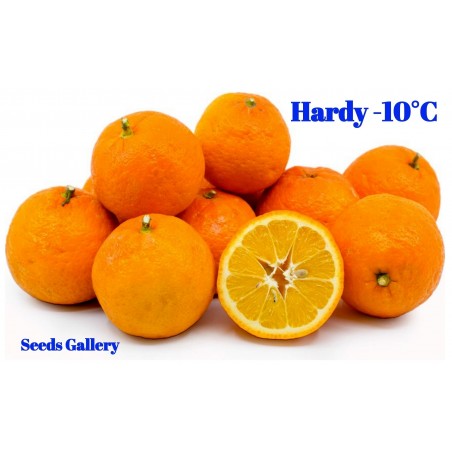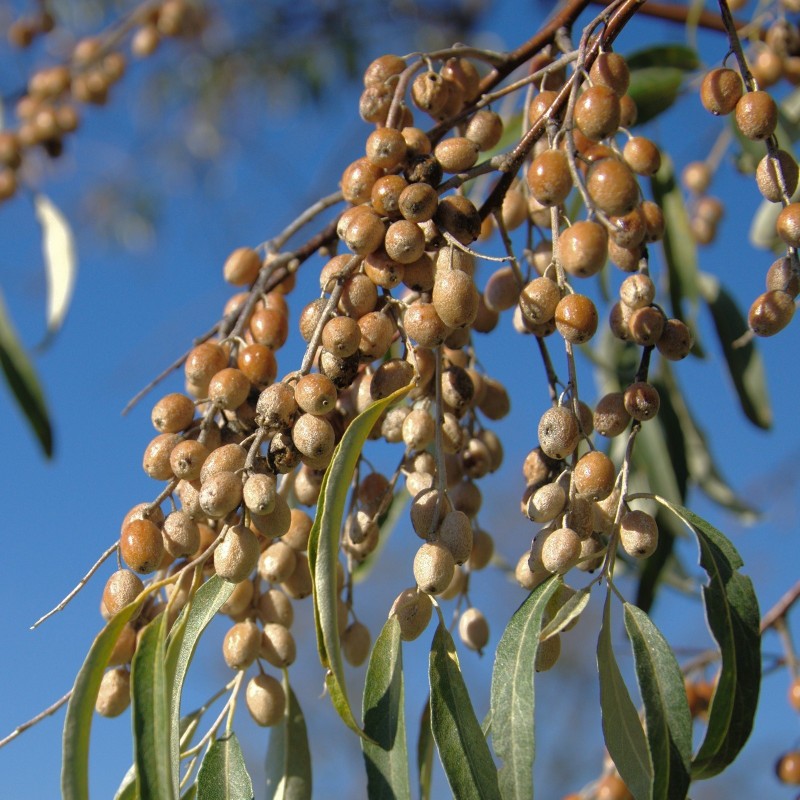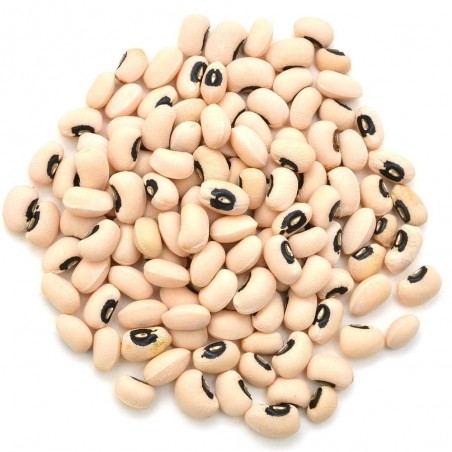
Silverberry Russian Olive seeds (Elaeagnus angustifolia)
Silverberry Russian Olive seeds (elaeagnus angustifolia)
Price for Package of 5 seeds.
Elaeagnus angustifolia, commonly called Persian olive, Russian olive, silver berry, oleaster, or wild olive, is a species of Elaeagnus, native to western and central Asia, Iran (Persia), from
Silverberry Russian Olive seeds (elaeagnus angustifolia)
Price for Package of 5 seeds.
Elaeagnus angustifolia, commonly called Persian olive, Russian olive, silver berry, oleaster, or wild olive, is a species of Elaeagnus, native to western and central Asia, Iran (Persia), from southern Russia and Kazakhstan to Turkey, and parts of Pakistan. It is now also widely established in North America as an introduced species.
Russian olive is a large deciduous shrub or small tree that's remarkably hardy and beautiful but known to be invasive. It is native to southern Europe, Russia, central Asia and parts of China where it inhabits coastal regions, lake shores, dry river beds and mountainous areas. It has also become naturalized throughout much of North America. In addition to its graceful habit and silvery leaves it is valued for its edible fruit, quality timber and fast-growing nature.
The narrow, lance-shaped leaves of Russian olive are green above and silvery, gray-green below. Its brown, scaly, often thorny branches are covered with exfoliating bark that adds winter interest. Silvery white, strongly fragrant flowers with yellow centers appear in late spring or early summer and are followed by edible, olive-like fruit.
This resilient tree is very tolerant of most growing conditions from dry to moist and sunny to shady. It is salt and drought tolerant and commonly found along sandy, coastal lands. Russian olive is grown primarily for its foliage and fragrant flowers but also makes an ideal barrier, screen or hedge, if pruned to retain a shrubby habit. (info source: Learn2Grow.com)
Genus - Elaeagnus
Species - Angustifolia
Common name - Silverberry
Other names - Russian Olive, Narrow leafed Oleaster, Wild Olive
Pre-Treatment - Required
Hardiness zones - 2 - 7
Height - 12'-20' / 3.7m - 6.1m
Spread - 12'-20' / 3.7m - 6.1m
Plant type - Tree
Vegetation type - Deciduous
Exposure - Full Sun, Partial Sun, Partial Shade
Soil PH - Acidic, Neutral, Alkaline
Soil type - Clay, loam, sand, well drained
Water requirements - Average, drought tolerant
Landscape uses - Feature Plant, Hedges, Mixed Border, Screening / Wind Break, Topiary / Bonsai / Espalier
Germination rate - 80%
Leaf / Flower color - Light Green, Gray Green, Silver / White, Yellow Green, Silver
Plant growth rate - Fast
| Organic Seeds ? | Organic Seeds |
|---|---|
| Organic/natural ? | Organic/Natural: Yes |
| Edible ? | Edible |
| Pretreatment of sowing ? | Soak in water before sowing: 24-48 h |
| Perennial ? | Perennial plant : Yes |
| Válogatott magok? | Válogatott magvak |
| Resistant to cold and frost ? | Resistant to cold and frost : - 50° C |
| Suitable for growing in flower pot ? | Suitable for pot: Yes |
| Origin of seeds ? | Seeds imported from: Russia |


Your review appreciation cannot be sent
Report comment
Report sent
Your report cannot be sent
Írd meg véleményedet
Review sent
Your review cannot be sent
🌍 Globális szállítás az EU-ból
Világszerte szállítunk az Európai Unióból ajánlott küldeményként, átvételi visszaigazolással.
📦 Csomagkövetés
A csomagod követéséhez jelentkezz be a fiókodba, majd menj a Rendeléstörténet > Részletek menüpontra, ahol megtalálod a követési számot.
Nemzetközi követés: 17Track
RGxxxxxxHR típusú számok esetén: Posta.hr követés
🕒 Kérjük, várj legalább 24 órát a feladás után, hogy a követési adatok elérhetővé váljanak.
⚠️ Fontos tudnivalók
Utánvét nem elérhető.
Rendszeresen ellenőrizd a spam vagy kéretlen mappát az e-mail fiókodban az értesítésekért.
Kérjük, kizárólag a weboldalunkon található kapcsolati űrlapot használd.
Közvetlen e-mailekre nem biztos, hogy válaszolunk.
📱 Telefonszám megadása kötelező
Rendeléskor kötelező megadni a mobiltelefonszámodat az országkóddal együtt.
Példa: +36 30 123 4567
🚚 Szállítási feltételek
A nyomon követett csomag átvételekor átvételi aláírás szükséges.
Ne rendelj, ha:
postafiókba szeretnéd a csomagot
nem leszel otthon a kézbesítéskor
a csomagot a szomszédnak szeretnéd átadni (❌ ez nem lehetséges)
📬 Ha postafiók címet adsz meg, és a csomag elveszik, nem jár visszatérítés.
↩️ Csomag visszaküldése és újraküldés
Ha bármilyen okból visszaküldik a csomagot:
Visszaküldési díjat kell fizetned: 2 €
Valamint az újraküldés költségét is
⏱ Késések és nyomon követés
Ha a csomag még mindig a feladónál szerepel a követésben, az azt jelenti, hogy úton van.
A legfrissebb információkért keresd meg a helyi postahivatalt a követési számmal.
Nem vagyunk postaszolgáltató, így a csomagot nem tudjuk helyetted követni.
Nem vállalunk felelősséget a szállítás időtartamáért.
🔍 Eltűnt csomag ügyében vizsgálatot csak 30 nappal a feladás után indíthatunk.
✈️ Szállítási opciók
| Szállítás típusa | Feldolgozási idő | Biztosítás | Lehetséges késések | Megjegyzés |
|---|---|---|---|---|
| Standard | 7–10 munkanap | ❌ | 7–14 munkanap | Legolcsóbb opció |
| Prioritás | 1–7 munkanap | ❌ | 3–10 munkanap | Prioritásos feldolgozás – nem feltétlenül gyorsabb szállítás |
| Biztosított | 1–7 munkanap | ✅ | 3–10 munkanap | Visszatérítés elvesztés esetén (max. 150 € értékig) |
🕒 Várható szállítási idő:
Európai Unión belül: 3–20 munkanap
Világszerte: 5–30 munkanap
USA példák: 27, 22, 19, 17, 13 nap
💳 Fizetési módok
💶 Banki átutalás (SEPA / IBAN / SWIFT-BIC)
A fizetés leírásában kötelező megadni a rendelési számot (pl. SGS-19811702).
Ha hiányzik ez az adat, késedelmet vagy rendelés törlést okozhat.
Ha a befizetés nem érkezik meg 7 napon belül, a rendelést automatikusan töröljük.
🅿️ PayPal
Csak euróban történő fizetést fogadunk el PayPal-on keresztül.
Kérjük, a fizetéskor válaszd az eurót mint pénznemet.
💳 Bankkártyás fizetés
Kártyás fizetés a weboldalunkon keresztül: Exotic Seeds Store
Elfogadott kártyák: Visa, MasterCard, American Express, Diners Club, UnionPay, JCB, Discover stb.
💡 A vásárló viseli az esetleges tranzakciós díjakat.
Kérjük, küldd el a fizetés igazolását a gyorsabb feldolgozás érdekében.
📅 Egyéb információk
Hétvégén (szombat, vasárnap) nem dolgozunk fel rendeléseket és nem szállítunk.
Mindig olvasd el a fontos közleményeket a weboldalunkon (ünnepnapok, speciális feltételek stb.).
📫 Fontos:
Ne küldj közvetlen e-mailt nekünk. Csak a weboldalunkon lévő kapcsolati űrlapot használd.
Related Products





















